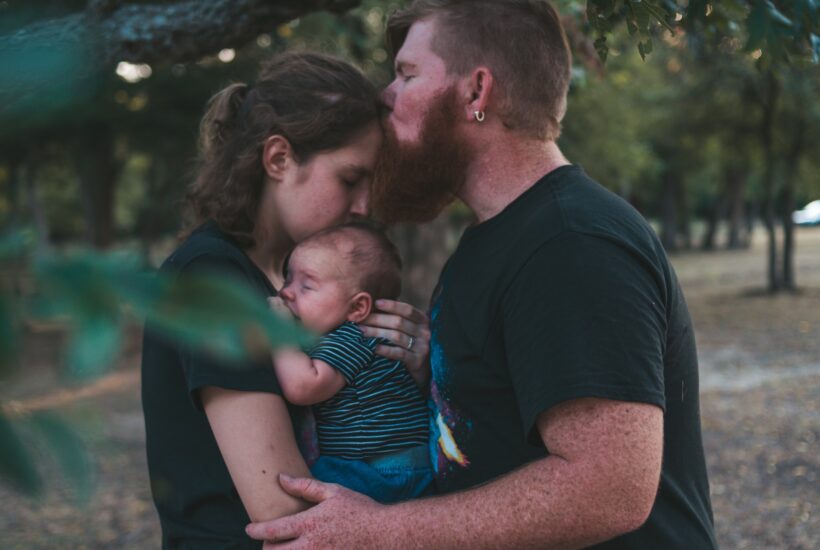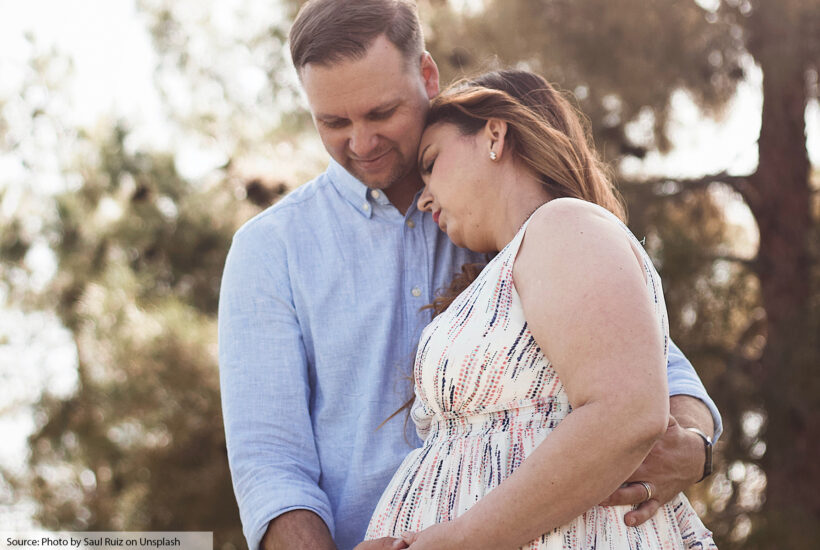The transition into parenthood is a profound and transformative experience. The months leading up to bringing baby home are often filled with anticipation, joy, fear, anxiety, and more. And once you welcome that tiny, new family member into your home, those emotions only tend to magnify — understandably so. Perinatal mood and anxiety disorders (PMADs)…
postpartum
What is Postpartum Psychosis?
What is Postpartum Psychosis? The reproductive years are a time of intense psychological vulnerability for women, with a significant number of psychiatric admissions occurring more around childbirth than any other time in the female life cycle (Wisner, Gracious, Piontek, Peindl, & Perel, 2003). One of the rarer presentations seen during this time period is postpartum…
What to Expect from Psychotherapy When You’re Expecting or Postpartum
The perinatal period, or the time leading up to and following labor and delivery, is often hallmarked by uncertainty. In addition to joy and hope, fear and anxiety are frequent companions on the road to motherhood. You might find yourself wondering: How can I take care of my mental health while pregnant and postpartum? What…
How Acceptance and Commitment Therapy (ACT) Can Help Challenge Mental Health Stigma in Pregnancy
Mental Health Stigma During Pregnancy Pregnancy is a transformational period in life. You may experience joy, comfort, or excitement as you navigate your pregnancy journey, which are emotions that may feel welcomed and special. Additionally, a myriad of less pleasant emotions can also surface during pregnancy including sadness, loneliness, anxiety, discouragement, anger, and fear. Pregnant…
Self-Care and Boundary Setting After Giving Birth
Source: Photo by Jonathan Borba on Unsplash Whether this is your first child or your fifth, life undoubtedly looks different after welcoming your new baby into the world. During this transition, you might find that you are putting pressure on yourself to do everything just as you did before baby arrived. Unhelpful societal expectations with…
Matrescence as a Psychotherapist: Part III
Source: Photo by Vivek Kumar on Unsplash In our first two articles in this series written in collaboration with Chrissy Ellis, LCSW, PMH-C, we have identified what matrescence is and what it means to navigate this transitional period as a therapist, the various client and therapist reactions that commonly occur, and how to use the…
Matrescence as a Psychotherapist: Part II
Source: Photo by Bethany Beck on Unsplash In our first article in this series which was written in collaboration with Chrissy Ellis, LCSW, PMH-C, we discussed the profound change we undergo during matrescence, or the physical, psychological, and emotional changes associated with the transition into motherhood. We also explored just how challenging it is to…
Matrescence as a Psychotherapist: Part I
[Photo by Ryan Franco on Unsplash] Our roles as therapists are characterized by the ability to create and hold space, bear witness to vulnerability and change, and attend to the dynamic and varying needs of our clients. Our roles as mothers and caregivers often demand these very same things. The transition to motherhood fundamentally changes…
The Birth of a Mother
When a woman gives birth, she births not only her child but also a new identity: that of a mother. This identity has been in the making since the moment she found out she was pregnant — and perhaps even before then — especially if her decision to start a family was an intentional one.…
The Loneliness of Perinatal Loss
October is the Pregnancy and Infant Loss Awareness Month. This formal designation is meaningful and important as it lets parents who have experienced a miscarriage, stillbirth or infant loss know that their loss is not invisible. Grief can feel incredibly lonely — the whole world around you is still buzzing with its steady, everyday activity…











